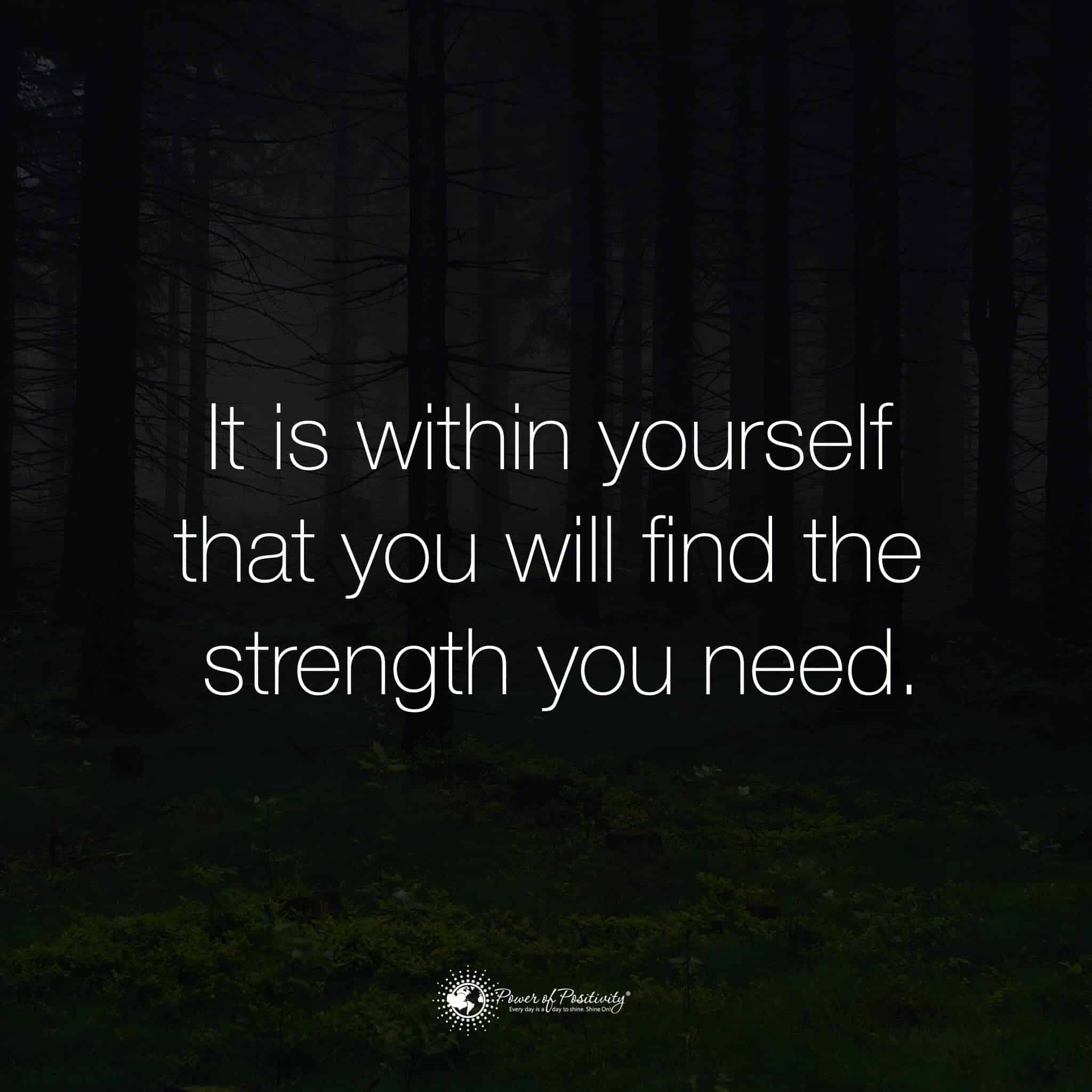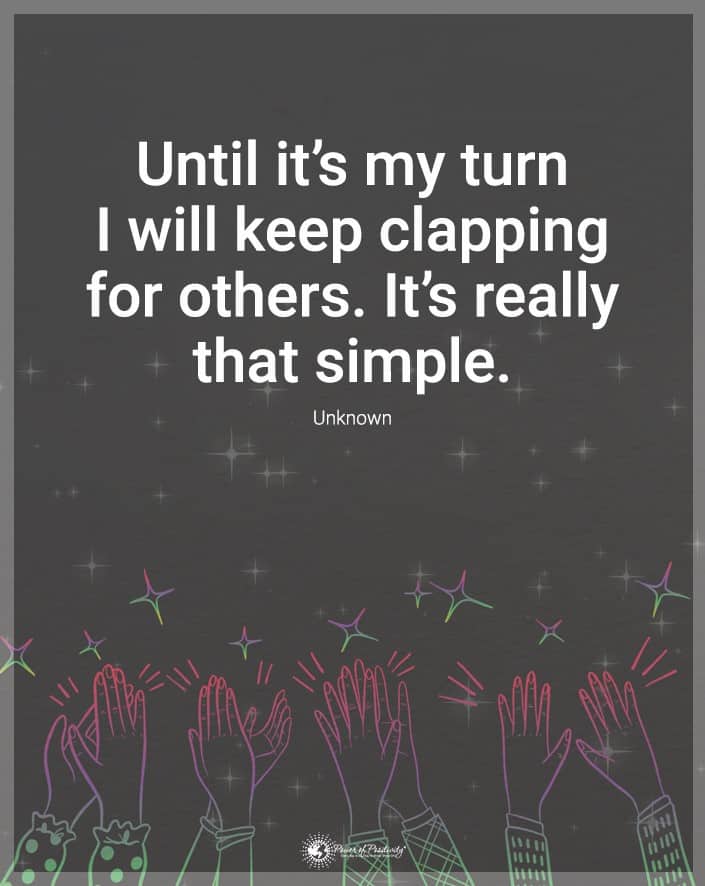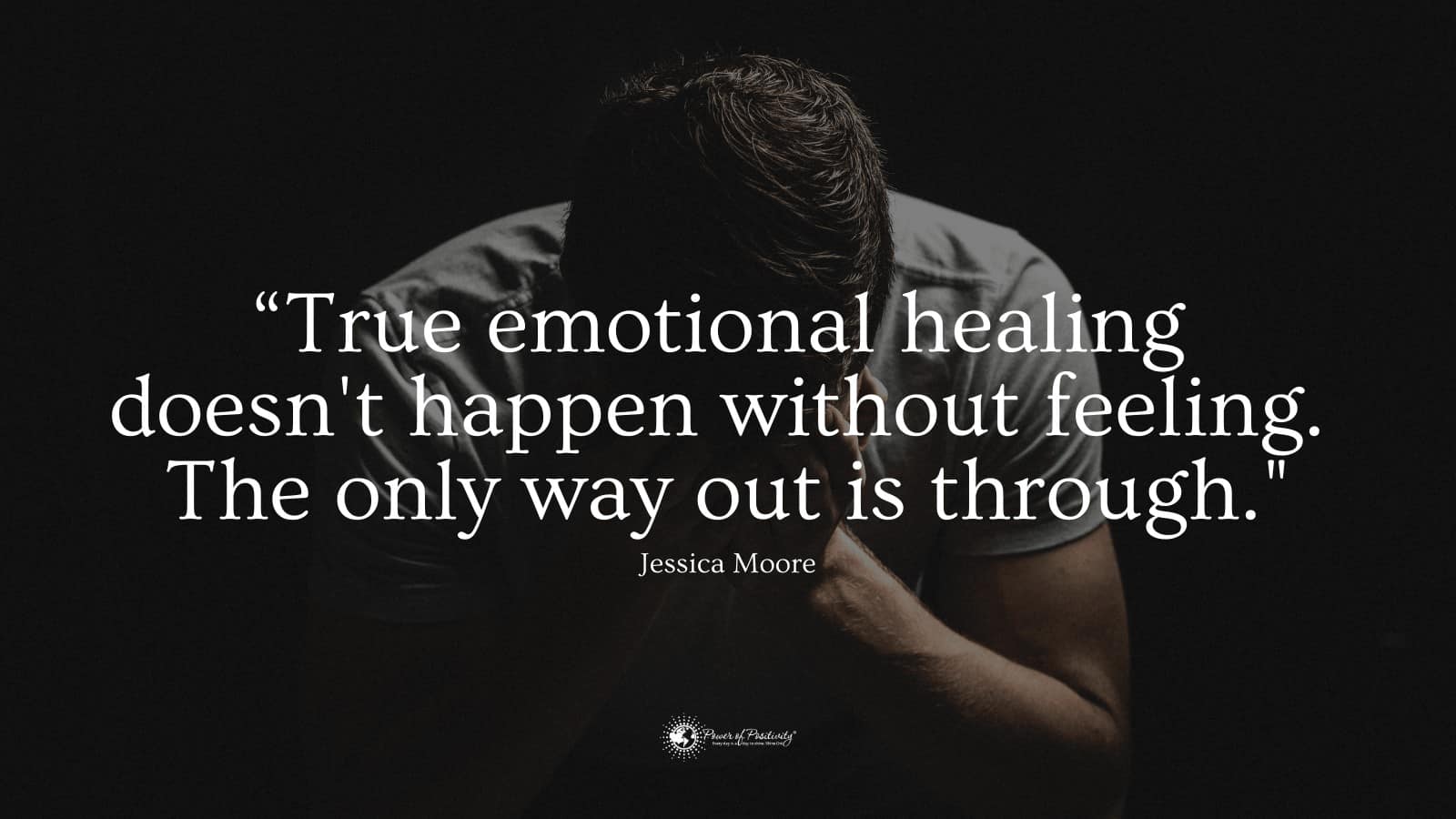Acupressure is an ancient technique for healing by using the fingers to press on key points in the body, which stimulates the body to heal itself. Acupressure originated around 5000 years ago in Asia, and has been adopted by many Western clinicians who want to offer their patients non-traditional medical options.
According to traditional Chinese medicine, there are twelve energy meridians in the body. Applying pressure at specific points along these meridians releases blocked energy which travels throughout your body. The energy flow is necessary for balance and harmony within the system.
This is What Happens When You Massage This Point On Your Knee
According to Dr. Michael Reed Gach, author of Acupressure’s Potent Points, acupressure is beneficial because it releases tension, increases circulation, reduces pain, and develops spirituality and vibrant health.
You should seek the help of a medical professional if you have any pain that becomes severe or illness associated with a high fever.
Specifically, touching the Zusanli point on your knee helps with patients who are experiencing digestive system problems such as:
- Diarrhea
- Gastroesophageal reflux disease (GERD)
- Bloating
- Constipation
- Abdominal pain
- Vomiting
- Hiccups
- Appendicitis
In addition to helping with digestive issues, an acupressure specialist might use the Zusanli spot on the knee to treat these conditions:
- Immunity problems or chronic illness
- Fatigue
- Diabetes
- Low metabolism
- Poor appetite
- Breast problems
- Lower leg pain
- Dizziness
- Breathing problems such as asthma
- Menstrual cramps and PMS
- Insomnia
- Temporomandibular joint pain (TMJ or jaw)
- Psychological disorders, for example depression or anxiety
As you can see from the extensive list of ailments, touching this specific point on your knee can benefit several bodily functions. The use of touch on the Zusanli point is also reported to be good for overall health and well-being.
Where to Locate This Point on Your Knee
The specific acupressure energy point on the knee that is beneficial for multiple health problems is called Zusanli, or stomach meridian 36 (ST36). In English, Zusanli is Leg Three Li.
In traditional acupressure, this energy meridian runs the entire length of the body from head to toe. It passes through the diaphragm, stomach and spleen. Manipulating the energy points is done in order to balance the Qi, or vital energy in the body.
You can locate this point on your knee by starting four finger widths down from the bottom of your knee cap. Find your shin bone, then move one finger width to the outside of your shin bone. You can make sure it is the right point by flexing and pointing your foot and feeling the muscle move.
You can watch Dr. Wei Yuan, an acupuncturist at TCM (Traditional Chinese Medicine) Works, demonstrating how to locate the Zusanli point on your knee in this video.
The Science Behind Touch
Scientific studies support the use of acupressure for digestive concerns as a non-invasive drug-free treatment. Researchers used electrical stimulation of the Zusanli point on the knee and found it effective in treating gastrointestinal motility disorders and GERD.
Another study in the Journal of Traditional Chinese Medicine found that treating this spot with acupuncture reduced gastric spasms in 59 out of 60 patients treated. Although this treatment was with acupuncture, deep acupressure is able to activate the same pressure spot.
How to Touch Your Knee
Acupuncturists use needles to reach the Zusanli point deeper than you can achieve with touch alone, however, you should never attempt to needle yourself. You can locate an acupuncture practitioner through the American Association of Acupuncture and Oriental Medicine.
Since we are discussing a self-help technique, we will use deep pressure to reach this specific energy point in the body. Use your thumb since it is the strongest digit on your hand. Press into the Zusanli point on your knee with firm pressure.
If possible, elevate your leg to make it easier to reach and keep your foot pointed, not flexed so that the muscle is not raised up. This will allow you to achieve deeper pressure on the Zusanli point. You may vary the amount of time up to 45 seconds of pressure.
You may find that moving your thumb in small circles as you apply pressure feels more comfortable or achieves better results. Ideally you should apply pressure close to the bone and use the fingernail or thumbnail.
More Touch Points
In addition to acupressure, you can try other reflexology points on the knee for relief of knee pain. The outer side under the knee cap is a place to rub with circular motion to relieve knee stiffness and pain. This point is called Calf’s Nose in reflexology.
Another reflexology point on your knee to work with is called Nourishing Valley. This point is found in the outer upper edge of your knee cap. Touch the place in the hollow between the tendons and rub up and down for a few minutes. This helps with knee tension as well.
By simply giving yourself a massage on these touch points on your knee, can find relief from many ailments. Remember to seek the help of a medical professional when pain is severe or does not show improvement within a few days.













